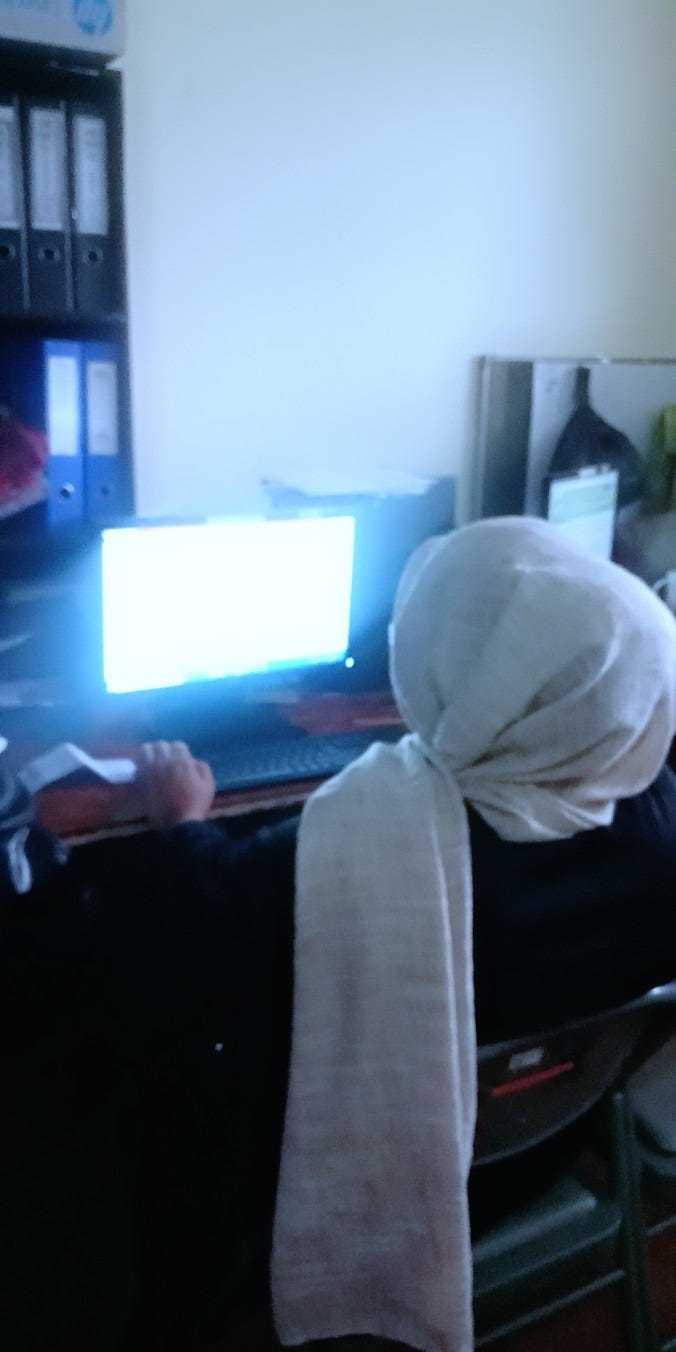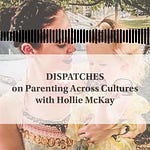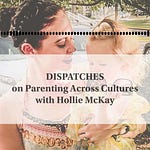“Too much blood
Too many tears shed
Just how much before the madness turns our soul to dust
Have you had enough?”
-Joss Stone, Take Good Care
People often ask me if I am ever scared working in hostile environments. The truth is, fear pales in comparison to the anxiety of what we have come to call moral injury. It's a gnawing in the pit of your stomach. It's the sleeplessness. It's the feeling that moments of levity are unacceptable; it's the sensation of being wasted and submerged in helplessness.
It is the desperation to do something when you have reached a point that it seems nothing can be done. It's the daunting real-time dread that someone you know and love is left to suffer while you sit in a comfortable dwelling with electricity and running water and a little blue passport engraved with an illusory sense of freedom.
The way the feeling of blame manifests is not always linear. It's fine and fine until it is not fine. But it's always there, waiting to bubble and sometimes burst.
The calls from within Afghanistan have not stopped. Nor have the text messages and voice messages from friends and strangers alike desperate to get out of their battered land. Women are weeping in dank basements, afraid to surface, and men are in the mountains far from Kabul, wondering what comes next for their babies.
Afghans are depressed, sad, angry and tired. They are tired of being tired. They are scared of being scared forever. In many cases, these are the same people who saved our lives over the years, who risked everything they possessed, who held our hands and believed in what we as Americans were selling. They welcomed us as guests in their country and into their humble homes; they offered their last piece of bread when their own bellies were starving. They taught us what it means to be brave, to fight, to taste a life over the horizon and know that this was not what they were born into the way I was; it was something that would have to battle hard to achieve.
And they did. They labored alongside us. They took immense pride in aiding the western mission. We loved them. We lost many of them. We promised them a new world. Then we left.
Right now – as the last planes fly into the clear Kabul skies leaving a nation burned alive by hatred, geography, uncertainty and pain – the moral injury endured by journalists, aid workers, government officials and of course military personnel and veterans is jarring. We are all grappling with the guilt that the window has shuttered. We are all grappling with the notion that a little blue passport is a privilege not afforded to many who should be credited with the reason we are here in the first place.
For many vets of the protracted Afghan war, it's an ominous violation of the ethos to never leave a brother or sister behind. Moral injury is a very visceral response to going against our personal values and ethics.
I write a little in my recent book "Only Cry for the Living: Memos from Inside the ISIS Battlefield" about the moment that breaks you. Of course, the moment isn't always the most horrific. It is not always the bombs and bullets and the layers of death and destruction. But, for me, it has always been the very human tales of tragedy going on in that moment – knowing they are happening not far from me – and yet I have no power to stop it.
The story of my colleague Saira, who I wrote about in a recent column for the New York Post, shattered my heart this week. So close, yet so far.
For many women – especially those who reside far from the capital – attempting to even get to the chaotic Kabul airport would have been a long and terrifying journey. Moreover, many did not have the resources and protection to embark on the journey, despite having the most to lose under the new hardline government.
"Since Afghanistan fell, I have not been able to leave my home," says Saira Saleem, 24, from her dark basement in her family's home in Jalalabad, capital of the eastern Nangarhar province. "I'm still trying to leave."
The hiding is a far cry for the women's and disability rights activist and journalist with the local Seema News Agency. Saleem lost the mobility in her leg when she was just six months old after contracting polio, making her especially easy for detection by Taliban forces.
"I've been working with women and girls in the community and was a journalist before the Taliban came," she continues, highlighting that she attacked late last year when fellow Jalalabad reporter Malala Maiwand was shot dead. "After I recovered [from the attack], I was warned by the Taliban. And at this time, I am also being searched by the Taliban because I have always spoken out against their oppression."
Saleem says that six Taliban members came to her home four nights ago, knocking gruffly on the door. As she hid beneath her bed, the fighters questioned her father on her whereabouts. He told them his daughter was not home.
"They stood in front of our house with the Taliban flag in the car and asked questions about whether I was in fear of losing my life," explains the advocate, who is not yet married and thus must also contend with the woe of forcible marriage. "They [the Taliban] said we should see your daughter when she arrives … I am scared, and even if I get out of the house, the Taliban will recognize me."
Indeed, Saleem, who is also her family's breadwinner, knows she is now left to her own devices. But too afraid to try to flee further east to the Pakistan border, she is holding out for a last-minute miracle.
"How can I find some way to leave here? I have so many problems," she reiterates softly. "If you know a reliable source or have a friend who can guide me, I would be grateful. Women have sacrificed in Afghanistan over the past 20 years, we have faced many challenges. Now, women will face the same fate they did back then."
But she refuses to concede that life as she knew it is gone.
"When my leg became disabled, I hoped to work for children. When I saw that most of the women in our society could not speak out and were afraid of men, I hoped I could [help]," Saleem said. "I just hope to be a good journalist and become a lawyer and serve the people. The only happiness I ever have is to help people."
Only now, Saleem stresses that she has nowhere safe to go. But, sadly, her searing fears are reminiscent of many stranded inside the embattled nation staring down the barrel of the unknown.
I sit here utterly haunted.
Saira Saleem, 24, from her dark basement in her family's home in Jalalabad, capital of the eastern Nangarhar province. "I'm still trying to leave."
Whether you agreed with the war or did not, I think we can all collectively agree that the way it has ended is as shameful as it is heartbreaking. While we cannot wipe the blood from our hands – splattered there by people on a far greater pay grade than my own – what we can do is continue to support one another and those to which we owe our deepest gratitude.
A new Afghanistan chapter is igniting, and the subsequent battle may only just be getting started. I have said it before and I will say it again: the story cannot be abandoned. We cannot simply forget. Too many have given their most precious lives, including just days ago thirteen U.S. servicemen and women and more than 160 Afghans. I have the enormous privilege to walk away and there is a lot of guilt wrapped in that – our Afghan friends don’t have such a gift, and we cannot let them drown.















Share this post